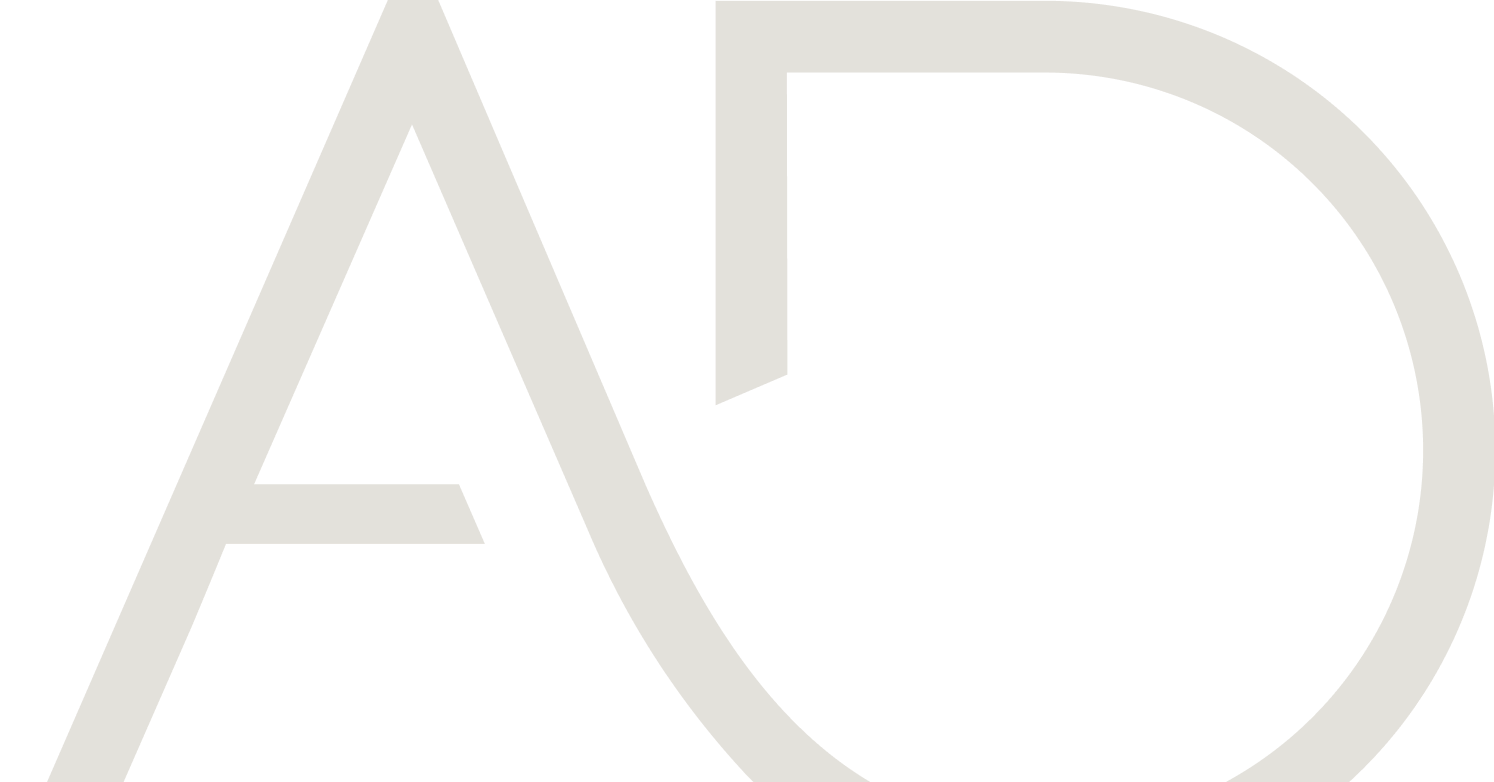Liberalization of online gambling and betting
June 2010
It is now possible to offer Internet users online betting and gambling services in France. In a major reform of French law, Act no. 2010-476 of May 12, 2010 on the liberalization and regulation of the online gambling and betting sector partly abolishes the ban on gambling, a principle that has existed under French law since 1836. However, this liberalization remains very strictly regulated.
I. What categories of gambling and betting are now authorised?
Only three categories of betting are concerned by the Act:
- Horse-racing betting;
- Sports betting;
- Circle games.
Horse racing betting: this will be limited to (i) the races appearing on a list to be defined by regulation, (ii) save for some limited exceptions, pari-mutuel betting (bets recorded before the race departs and placed together in a pool, then the whole pool of bets is shared among the winners).
Sports betting will only be for the categories of competition, results and gaming that are defined by the regulatory authority established by the Act, the Autorité de Régulation des Jeux en Ligne – ARJEL (Online Betting and Gambling Regulatory Authority).
Regarding casino games and circle games, only the following will be authorised: “circle games consisting in distribution games based on chance and skill where the player, after the interplay of chance, decides, in view of the other players’ behaviour, on a strategy which might enhance his expected winnings” (e.g. poker).
II. Market access criteria
An exclusive license issued by the State is required to operate gambling or betting services: only operators which have obtained an ARJEL license will be authorised to operate online betting and gambling sites. A separate license is required for each type of betting: horse racing betting, sports betting and circle games. An operator wishing to offer these three types of betting services to customers will therefore need to obtain three separate licenses.
The license is granted for 5 years. It is renewable but not transferable.
To obtain a license, operators will have to meet certain requirements and satisfy certain conditions of morality, financial solidity and territoriality.
Companies are only eligible to apply for a license if they have (i) a registered office in an EU Member State or in another EEA State that has entered into a convention with France containing an administrative assistance clause for the purpose of combating tax fraud and evasion, and (ii) an account with a credit institution based in one of these countries and on which only cashing and payment transactions are performed in relation to the gambling and betting services they legally offer in France.
Foreign companies meeting the above territoriality requirement will not, however, be automatically licensed in France, even though they may legally offer online gambling services in their own country. Any such companies applying for a license for the same category of gambling or betting as that practiced in their State, will have to notify, for information purposes, the requirements and, in particular, the regulatory supervision and penalty regime they are already under in such State. When the license applications are reviewed, ARJEL must take this information into consideration.
Once licensed operators, companies are required by law to (i) participate in the fight against fraud and laundering, (ii) be regularly certified by an independent body, (iii) have a “.fr” domain name, (iv) in their internal accounting, issue separate accounts for the gambling and betting services offered by virtue of the licenses granted on the basis of this Act and for the company’s other activities in France and abroad, (v) participate in combating excessive or pathologic gambling (vi) archive certain data in France and (vii) prevent conflicts of interest. Moreover, other specific rules are laid down with regard to advertising for gambling.
III. Taxation
Quite heavy and complex taxation will apply:
A fixed fee payable by the online gambling and betting operators when they submit their license application or a request for a license renewal, and annually;
A tax levy of 5.7% will apply to all online bets placed on horse races, sports events and circle games. The levy will be 1.8% of bets capped at 0.9€ per deal for online circle games, with a specific base on tournament entry fees;
Social Security contributions will also be made on online horse racing bets, sports bets and circle games;
Levies will also be made for the benefit of the Centre National du Sport (1.8% of amounts waged in France in lotteries and scratch cards organised by the Française des jeux, except for sports bets; a levy of 1.3% of sports bets. This rate will increase to 1.5% in 2011, then to 1.8% from 2012);
A fee intended for racing companies, based on the amount of online horse racing bets.
IV. Penalties
The Act provides for two types of penalties: (i) penalties against illegal gambling sites (3 years’ imprisonment and a EUR 90,000 fine, increased to 7 years’ imprisonment and a EUR 200,000 fine when the offence is part of organised crime, plus additional penalties) and (ii) penalties against licensed operators which violate their obligations (from a simple warning to license withdrawal plus a ban on applying for a new license for up to 3 years). A fine of EUR 100,000 will apply to anyone who advertises for unauthorised gambling or betting sites. This amount may be increased to four times the amount of advertising costs spent on the illegal activity.


